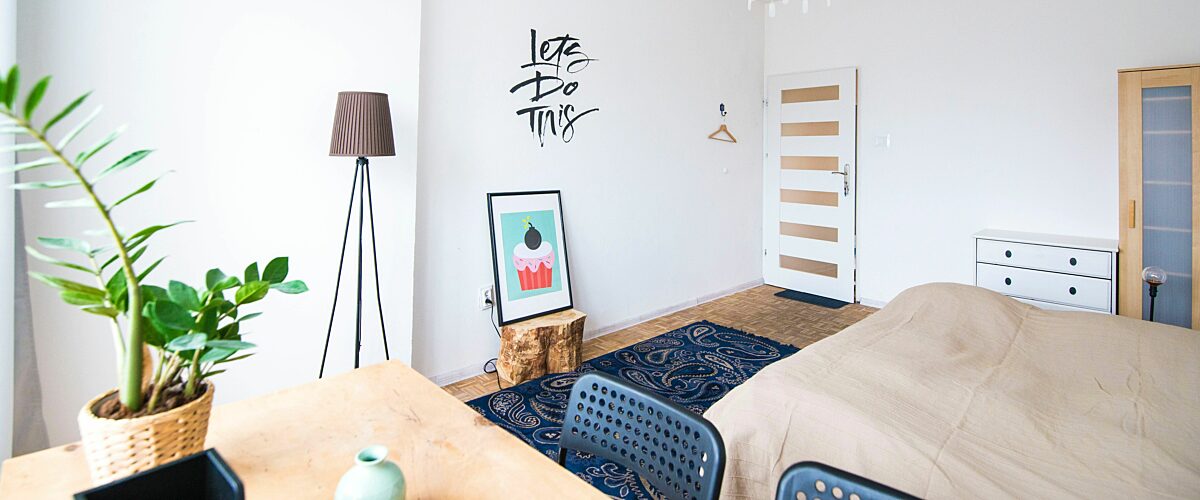
Building a home? Why you should keep some money for a smart set-up
How much does home automation cost? That might be one of the questions to ask when building your dream home. We explain why saving some money for the initial smart set-up will be valuable on the long run.
Nearly zero-energy homes
When building a home, there are a lot of costs to consider and difficult choices to make. Not in the least due to the emergence of energy saving appliances such as solar panels, solar water heaters, heat pumps, floor heating, ventilation systems... Much of these measures are mandatory if you want to build a home conform the European EPBD (Energy Performance of Buildings Directive) guidelines. This requires all new buildings to be nearly zero-energy by 2021.
The initial cost of these appliances are high, but in time they will repay themselves in considerably lowering your energy bill. The return is calculated by the life span of the appliance by the total sum of energy they save every year.
The initial cost vs. long term benefits
You might think the same goes for a smart home. The initial set up cost can be high, but in the end you'll save on your energy costs. But it doesn't have to be that way. You don't have to go all the way in the beginning. What if you make a start first and invest in the bigger picture later on?
Let's call it what is it. When you're building a home, you're in the ideal scenario to go for the smart home system of your dreams. You can opt for a wired system with endless possibilities such as KNX or Loxone. This also means that you already have to do the set-up during the building process. And thus should keep some money for that.
It's a lot harder to install a wired smart system during a renovation project. So when building a home, you better include smart technology into the plan and thus the budget.
A little goes a long way
But you don't need to have it all figured out just yet. After the initial cost, you can wait with the more extensive investments whenever more resources are available. The lifespan of your smart set-up is way longer than of an average appliance or device. There is no end date that stops it from saving energy or bringing your comfort. You can take it step by step, according to what your budget allows.
A smart home set-up has a long lifespan. After the initial costs, you can wait with adding more devices to whenever you have the resources.
A smart home ensures long term comfort and energy-efficiency. The more applications you can make smart by adding devices, the greater these benefits will play out. But as they say: a little goes a long way. Rome wasn't build in one day, nor should your smart home be fully integrated from the first day on.


